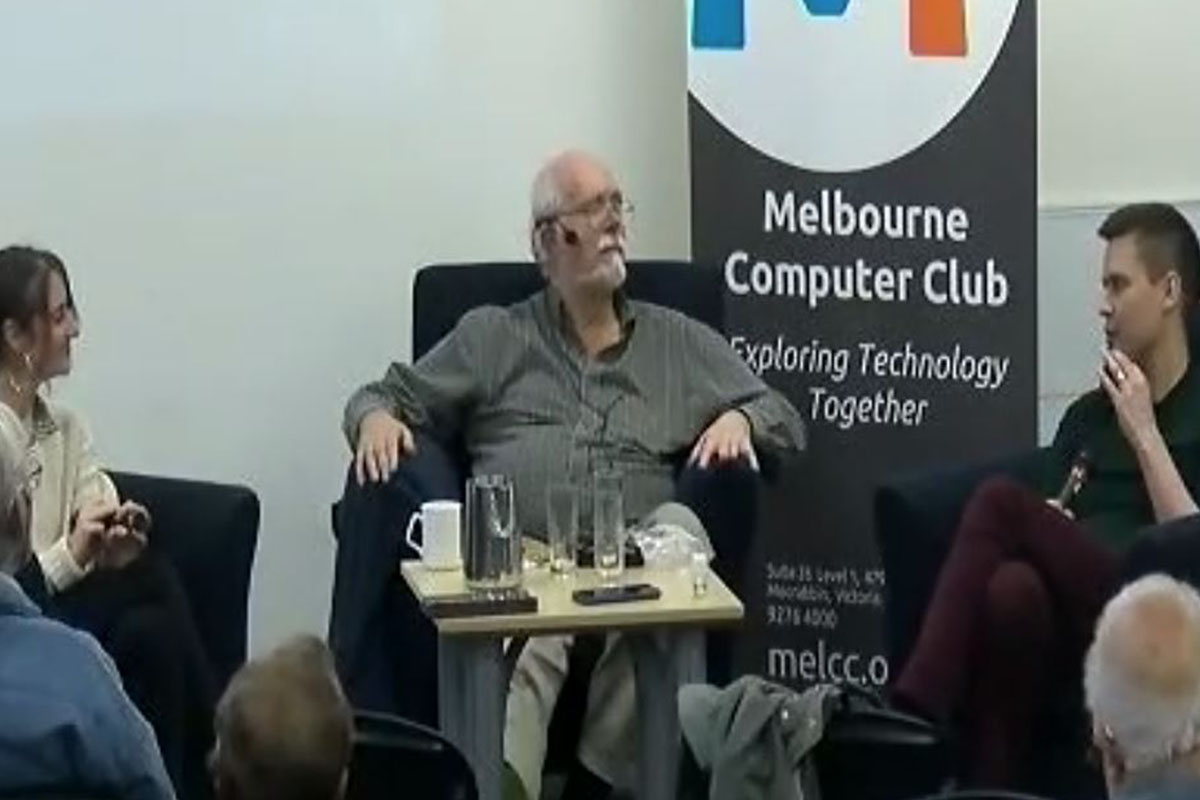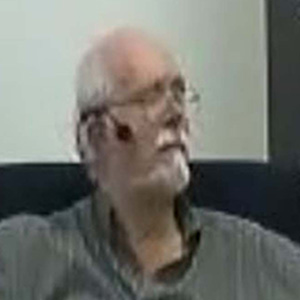Engaging with end users: Melbourne Computer Club
Fireside chat on the future of computing
Engaging with the Melbourne computing and electronics community in a ‘fireside chat’ forum in 2021, FLEET explained the intrinsic limitations of CMOS (silicon based) technology, and approaches investigated at FLEET.
What is the future of computing? As Moore’s Law is approaching an end, new technologies are required to enable further advances in computational speed and energy-efficient data processing. As transistors took their first baby steps over half a century ago, the next generation of electronic switches is being born today.
Engaging with the Melbourne computing and electronics community in a fireside chat forum, FLEET’s Dr Torben Daeneke (RMIT University) and Dr Iolanda Di Bernardo (Monash University) explained to the audience what the intrinsic limitations of the current CMOS-based technology are, and what some of the approaches are that FLEET members are looking into to address these issues.
Torben spoke about how new synthesis methods can deliver materials that may be key to finding solutions.
Iolanda spoke about atomically-thin materials, how she fabricates them in the ultra-high vacuum synthesis chambers at Monash, and the concept of topological edge states.

The around 20 audience members were extremely interested in FLEET’s work, and spent about 90 minutes discussing chemistry, physics and electronics in a moderated panel discussion. Particular areas of interest included the synthesis methods of the materials, their versatility beyond low-energy electronics applications, and the wider topic of research in Australia.
With a heritage dating back to 1984, the Melbourne PC User Group is Australia’s largest computer club with 1400 members, hosting regular talks and electronics workshops.
Iolanda and Torben were guests at a meeting of the Microcontroller special interest group, whose members are specifically interested in electronics and related topics.
The club initiated the contact after reading about Torben’s recent transparent electronics work in a story published on the electronics media platform Tech Briefs.

There was a lot of interest and questions from the other members, so it was a pretty lively and stimulating conversation. We all enjoyed hearing about the research being done on a broad front to develop novel methods of making active electronics devices.
David Stonier-Gibson President Melbourne Computer Club